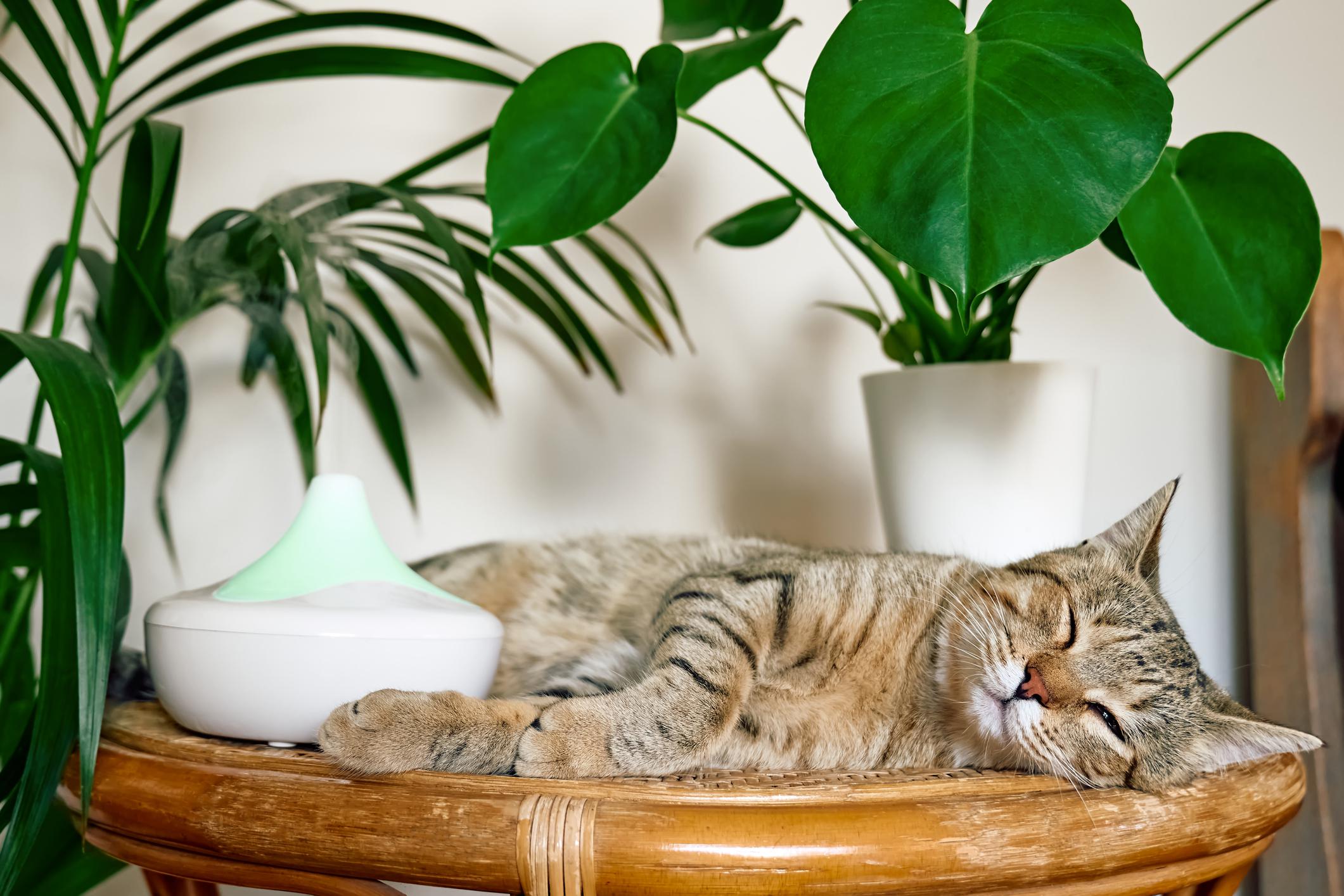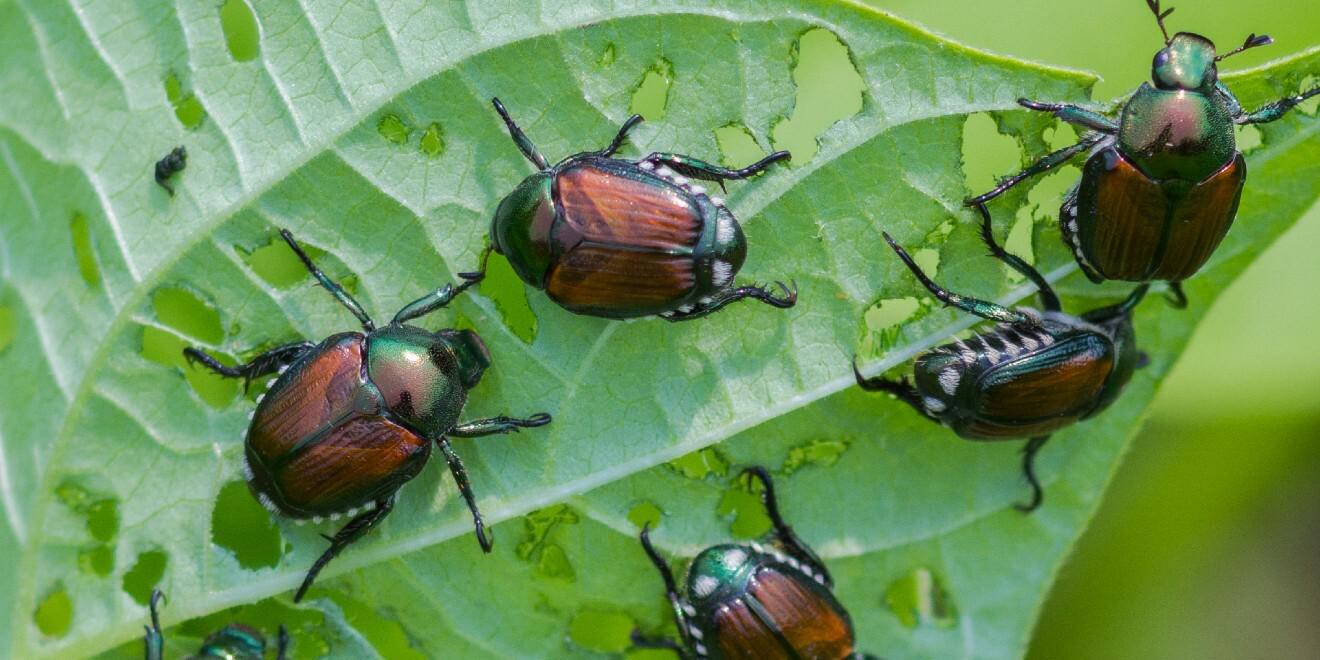What is Japanese Encephalitis?
Posted by Mosquito Squad
December 20, 2023

This year has been a lot of outbreaks of diseases worldwide. If anything about the pandemic has taught us, we must be mindful of world events where spikes in outbreaks are becoming prevalent. One such outbreak is the Japanese encephalitis virus (JEV). What exactly is the Japanese Encephalitis virus? Are you at risk for it in Atlanta? And how can we prevent it and other mosquito diseases?
What is the Japanese Encephalitis Virus?
Major outbreaks of Japanese Encephalitis occur in cycles every 2-15 years. During high rainy seasons, when mosquito populations skyrocket, JEV transmission ramps up. Most JEV infections tend to be very minor with only headaches and fever or are entirely asymptomatic. It is estimated that 1 in 250 infections are severe and can result in high fever, headache, neck stiffness, disorientation, coma, seizures, spastic paralysis, or even death. The fatality rate for this disease can be as high as 30%, and of those who survive, 20-30% can have permanent intellectual, behavioral, or neurological damage.
Though there is no known cure for this virus, there are four known vaccines to help prevent infection.
Japanese Encephalitis virus is a flavivirus, meaning it is related to Dengue, Yellow Fever, and West Nile. All of these viruses are some of the most notable mosquito-borne diseases.
Are You at Risk for JEV in Atlanta?
The short answer is no. That doesn’t mean that you are completely safe. Japanese Encephalitis is predominantly found in Southeast Asia and the Western Pacific regions. According to the World Health Organization, twenty-four countries are potentially exposed to JEV. The leading cause of viral Encephalitis in many of these countries is due to JEV, and it is estimated that there are 68,000 clinical cases every year.
If you or someone you know intends to travel to places such as India, which has had 50 casualties to JEV this year alone, requesting a vaccine for JEV for protection is highly recommended.
Japanese Encephalitis and other Mosquito-Borne Illnesses Prevention
Though JEV is not prevalent in the United States, several other diseases in the United States to be cautious about are carried and spread by mosquitoes. Mosquito Squad of the Greater Atlanta Area recommends that you follow the 7 Ts of Mosquito Control to reduce places that mosquitoes might try to shelter and reproduce, such as in clogged gutters and children’s toys that have collected water from rain. Some mosquito species only need a capful of water to produce the next generation.
When you are done with the 7 Ts to reduce mosquito habitats in your yard, you can contact the Mosquito Squad of the Greater Atlanta Area to treat your property. Our most popular option is the Traditional Mosquito Barrier Treatment, an effective barrier we place around your property and starts working on contact with adult mosquitoes. This treatment lasts for about three weeks and will reduce mosquitoes around your yard by up to 90%
Although Japanese Encephalitis is not prevalent in the United States, it is wise to be cautious when traveling to areas where it is prevalent. Many other mosquito diseases are commonplace in the United States that you should take precautions against. Professional backyard mosquito control is the best step to lessen your chances of contracting a mosquito disease. Mosquito Squad of Greater Atlanta is here to help reduce the mosquitoes in your backyard by up to 90%.















